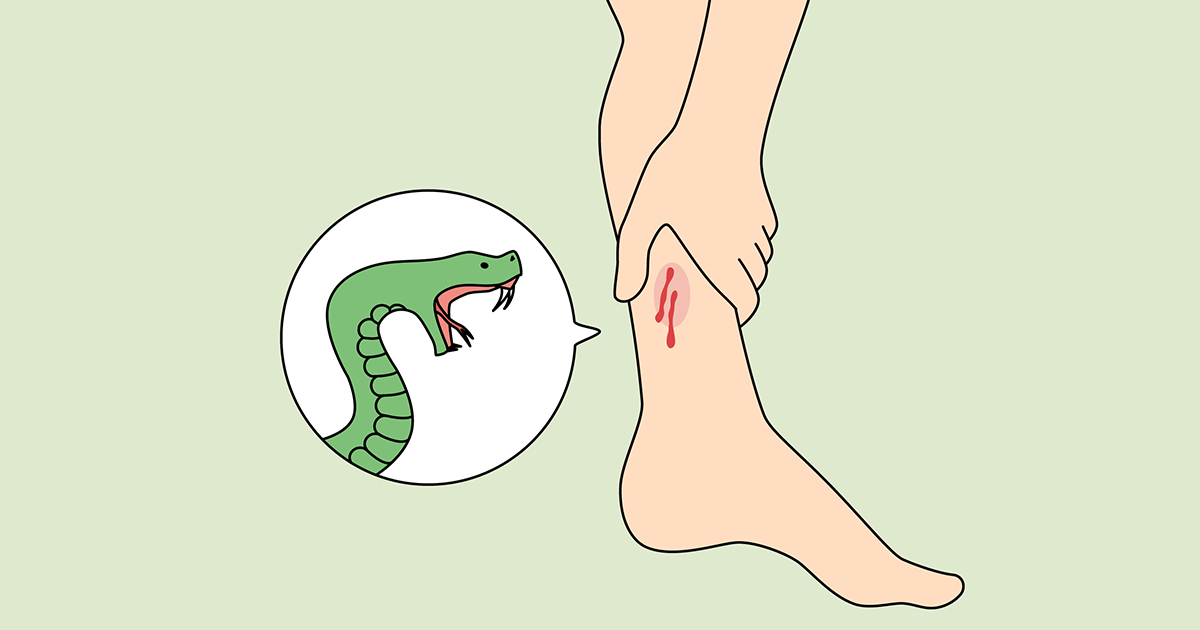Snake Bite: Prevention, Diagnosis and Treatment
A special issue of Tropical Medicine and Infectious Disease (ISSN 2414-6366).
Deadline for manuscript submissions: closed (1 June 2025) | Viewed by 10257

Special Issue Editors
Interests: snakebite; neglected tropical diseases; monoclonal antibodies
Interests: neglected tropical diseases; clinical research; operational research
Special Issues, Collections and Topics in MDPI journals
Special Issue Information
Dear Colleagues,
Snakebite envenoming is estimated to kill over 100,000 and maim over 400,000 persons every year. It was recognized as a priority neglected tropical disease in 2017. Snakebite is at the intersection of human, animal and environmental health. As such, this important public health issue needs to be addressed through multifaceted strategies.
Many preventive interventions have been proposed, but there is a general lack of controlled studies to confirm their effectiveness. In addition, they need to be tailored to local cultural beliefs and practices. The diagnosis of snakebite envenoming is essentially clinical, but lab tests can be helpful to monitor progression and identify offending snake species. Antivenoms represent the cornerstone of snakebite envenoming treatment. They are bespoke biotherapeutics tailored to the local geographical distribution of venomous snake species. In addition to antivenom therapy, supportive medical and surgical care is essential, as well as the management of mental and physical sequelae.
Novel approaches to prevent, diagnose and treat snakebite are being developed. A rich pipeline of novel products has been built up over the years. However, more research is still needed to translate these investigational products and interventions into readily available evidence-based tools.
The Special Issue welcomes submissions covering interventions to prevent, diagnose and treat snakebite envenoming. Social science research, as well as operational and implementation research, including epidemiological surveys, description of public health programs and more local experiences, are most welcome. Pre-clinical and clinical studies evaluating conventional products, as well as investigational products are eligible for submission. Finally, we encourage the submission of reviews, not just original research.
Julien Potet
Dr. Koert Ritmeijer
Guest Editors
Manuscript Submission Information
Manuscripts should be submitted online at www.mdpi.com by registering and logging in to this website. Once you are registered, click here to go to the submission form. Manuscripts can be submitted until the deadline. All submissions that pass pre-check are peer-reviewed. Accepted papers will be published continuously in the journal (as soon as accepted) and will be listed together on the special issue website. Research articles, review articles as well as short communications are invited. For planned papers, a title and short abstract (about 250 words) can be sent to the Editorial Office for assessment.
Submitted manuscripts should not have been published previously, nor be under consideration for publication elsewhere (except conference proceedings papers). All manuscripts are thoroughly refereed through a single-blind peer-review process. A guide for authors and other relevant information for submission of manuscripts is available on the Instructions for Authors page. Tropical Medicine and Infectious Disease is an international peer-reviewed open access monthly journal published by MDPI.
Please visit the Instructions for Authors page before submitting a manuscript. The Article Processing Charge (APC) for publication in this open access journal is 2700 CHF (Swiss Francs). Submitted papers should be well formatted and use good English. Authors may use MDPI's English editing service prior to publication or during author revisions.
Keywords
- snakebite
- envenoming
- antivenoms
- prevention
- diagnosis
- treatment
- tropical medicine
- neglected tropical diseases
Benefits of Publishing in a Special Issue
- Ease of navigation: Grouping papers by topic helps scholars navigate broad scope journals more efficiently.
- Greater discoverability: Special Issues support the reach and impact of scientific research. Articles in Special Issues are more discoverable and cited more frequently.
- Expansion of research network: Special Issues facilitate connections among authors, fostering scientific collaborations.
- External promotion: Articles in Special Issues are often promoted through the journal's social media, increasing their visibility.
- Reprint: MDPI Books provides the opportunity to republish successful Special Issues in book format, both online and in print.
Further information on MDPI's Special Issue policies can be found here.







